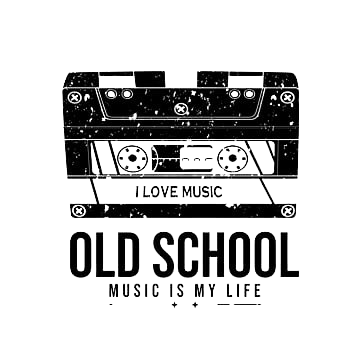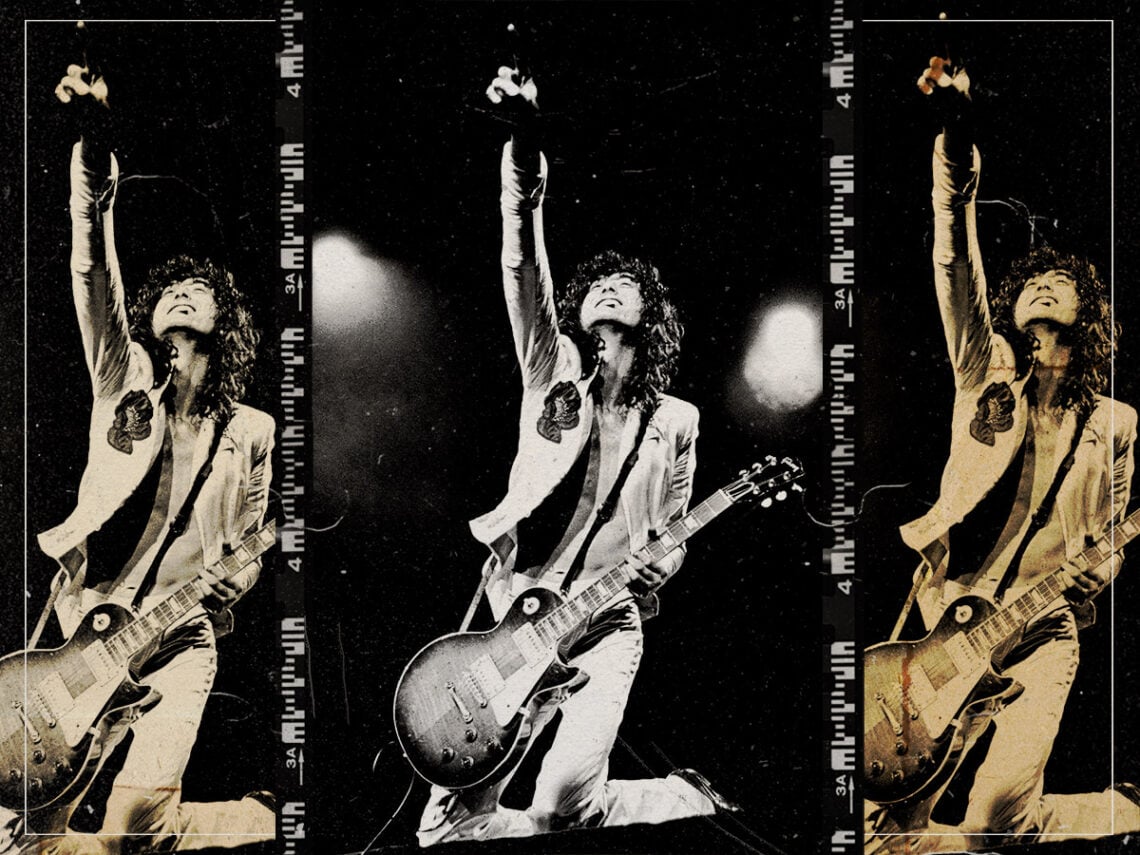It almost seems sacrilegious to denounce any of Led Zeppelin’s compositions. After all, the band was instrumental in establishing hard rock, without which we might never have had metal, punk, or even glam. Led Zeppelin are one of the definitive rock outfits of the 20th century, but it has to be said that their celebrated discography was certainly not without its flaws. Although they might be remembered for groundbreaking tracks like ‘Communication Breakdown’ or ‘Stairway to Heaven’, Jimmy Page’s band were also responsible for some questionable efforts.
From their initial formation in 1968, Page and company were out to distance Led Zeppelin from every other rock band of the period. While the rock mainstream was concerned largely with counterculture hippies and the early seeds of progressive rock, Zeppelin established a defiant, adrenaline-fueled sound, the likes of which had never previously been heard. Their eponymous debut changed the landscape of rock indefinitely, but inevitably, it was difficult to uphold that reputation as the years went by.
By 1975, Led Zeppelin were certainly not the only group to adopt a hard rock sound, and that meant it was harder for the group to remain on the upper echelon of the rock scene. Although, by that point, the band had multiple incredible records under their belt – including Led Zeppelin III, House of the Holy, and their untitled fourth studio album – they were constantly looking to expand upon their sound. The results of this forward-thinking innovation came with the release of Physical Graffiti.
The album is often remembered for its inclusion of ‘Kashmir’, which went on to become one of the band’s defining tracks and a mainstay of their live performances. However, the opening track, ‘Custard Pie’, is often forgotten about. Admittedly, it is easy to see why. Zeppelin had never been one to distance themselves from sexual innuendo, but ‘Custard Pie’ was a bit on the nose, even for them. For the more innocent readers out there, the song’s title is a reference to female genitalia.
Reportedly inspired by a plethora of old-school blues tracks, including Bukka White’s ‘Shake ‘Em On Down’ and ‘Drop Down Mama’ by Sleepy John Estes, the song featured a deluge of outdated attitudes towards sex. Of course, it is easy to criticise the dated nature of the song now, nearly 50 years after its release, but you’d have to imagine it was a little too much for audiences, even in 1975.
Led Zeppelin seemed to realise the divisive nature of the song themselves; the band only performed the song live once. During a show in Rotterdam, shortly before the release of Physical Graffiti, the band debuted a number of tracks from the album, including ‘Kashmir’ and, uniquely, ‘Custard Pie’. Either the song did not go down well in Rotterdam, or Robert Plant cringed into oblivion after having to utter the words “Your custard pie, yeah, sweet and nice, When you cut it, mama, save me a slice,” because the group quickly removed the song from their live set.
The only other time the track was performed live happened a decade after the breakup of Led Zeppelin when the band’s surviving members reunited to perform at Jason Bonham’s wedding – the son of drummer John Bonham. Even then, though, the song only appeared as a fleeting moment in a wider jam session. Perhaps some songs are best left in the past.

